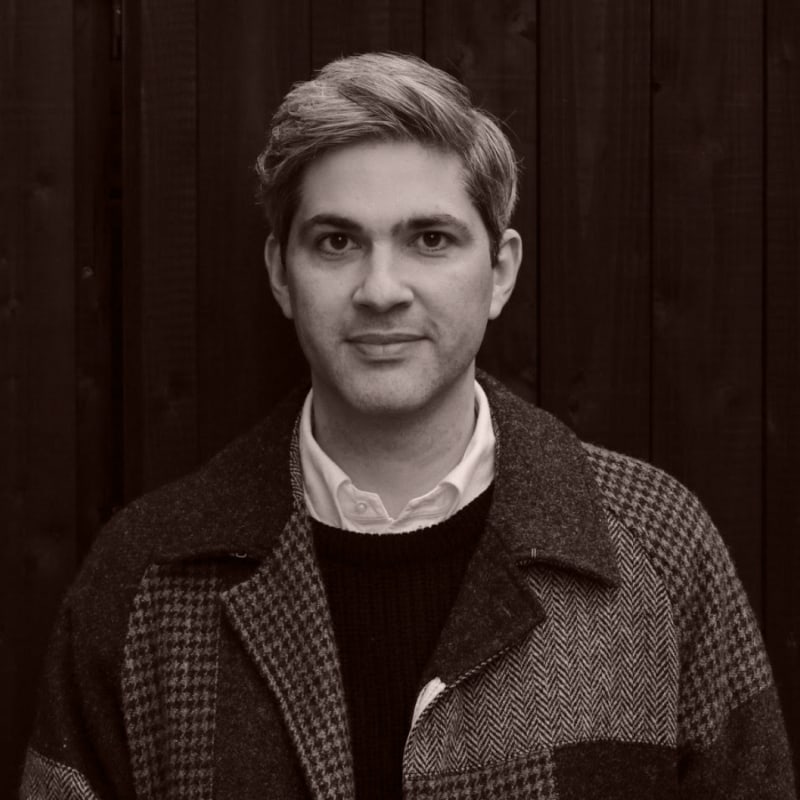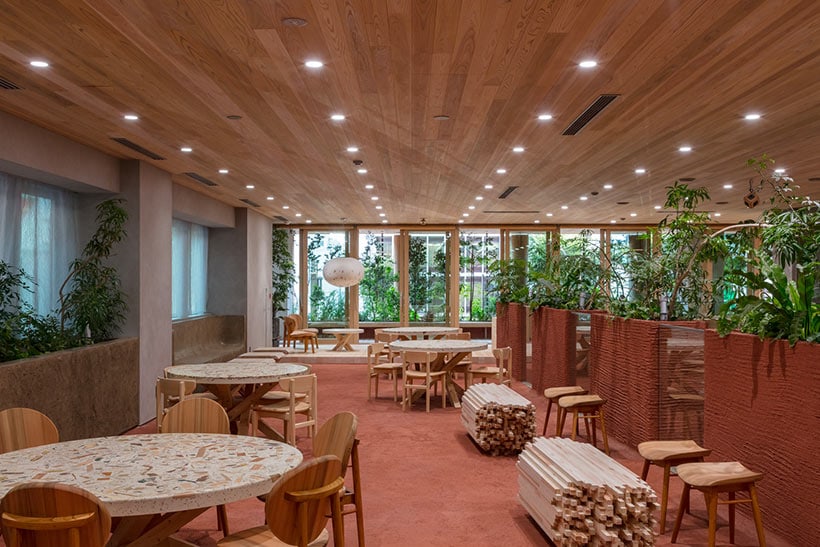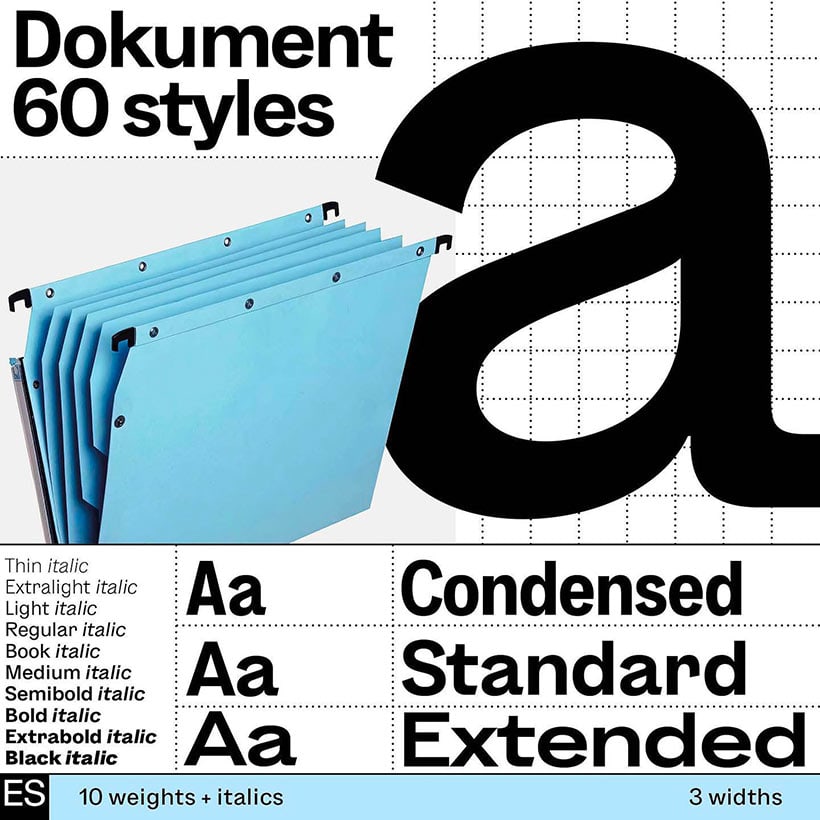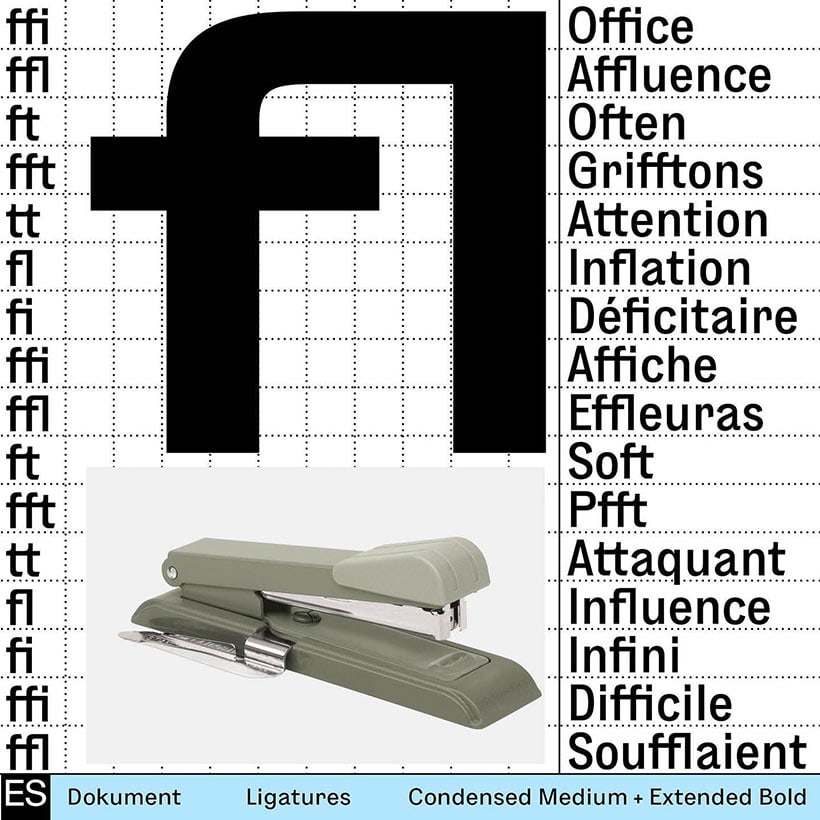 |
| |
|
|
|
Over the years, my attempts to answer the question ‘What can I do about climate change?’ led me through the typical stages: I went from ‘It’s me!’ to ‘It’s them!’ to ‘It’s us!’ to ‘It’s the system!’ before eventually accepting that it’s all of the above. Climate grief was a constant companion; anger and frustration a reluctant source of motivation.
More recently, people like Ayana Elizabeth Johnson and Saul Griffith (see DD209) have helped me reinterpret the question about individual responsibility. Moving beyond blame, these climate advocates try to encourage individuals to step into positions of ‘climate leadership’ in the various roles we all play in our lives.
Thanks to a recommendation by a DD reader, I recently discovered the climate podcast A Matter of Degree which happens to have just published a mini series explaining what individual climate leadership looks like. They break it down into these three parts and provide plenty of examples:
The Personal: This episode is all about changes in our personal lives that have the biggest impact. Electrifying our homes and moving our money to ‘good’ banks/funds that screen out fossil fuel projects are high up on this list.
The Professional: Under the slogan ‘every job can be a climate job’, this episode looks at career changes that support our climate goals at work – either by pushing for climate action at our current workplace or recalibrating our existing skill set to work directly in the climate field.
The Political: The final part looks at what we can do – beyond voting – to help get pro-climate candidates elected, support them in office, and keep them accountable.
Answering the question ‘What can I do?’ in this way is really useful. It’s about prioritising action based on scale of impact. Importantly, this goes beyond our home. When it comes to individual climate action, public discourse is often narrowly focused on consumption choices (e.g. buy this item, not that one). We ought to pay more attention to where we can find the biggest-bang-for-buck items and that’s often not at home but where we interact and collaborate with others, i.e. at work and in our communities.
– Kai
|
| |
|
Become a Friend of DD for $1.80/month →
With a modest yearly contribution you’re not only helping keep Dense Discovery going, you also receive special discounts and get access to the DD Index, a searchable catalogue of past issues. (And it removes this message.)
You receive this email because you subscribed to Dense Discovery, a weekly newsletter at the intersection of design, technology, sustainability and culture. Writing to you from Melbourne is Kai Brach. Do you have a product or service to promote in DD? Sponsor an issue or book a classified.
|
| |
A Must-Read for MarketersSPONSOR
|
The one newsletter every marketer should read
Stacked Marketer is a free, jam-packed newsletter enjoyed by over 33K marketers that is read in only 7 minutes. Every weekday, you’ll receive current news, insights, tips and tricks for effective digital marketing, whether you advertise on social media, search engines, through affiliate networks, or popular emails like Dense Discovery. Sign up here.
|
|
| |
Apps & Sites
|
|
DuckDuckGo just launched a web browser for macOS (in beta) that includes meaningful privacy protections as well as some innovative features like the Duck Player, which apparently lets you watch YouTube with fewer ads and less data collection.
|
|
A calendar for life, not (just) work
|
|
An interesting new calendar app “for people, not companies”. It’s currently in public beta with a very minimal landing page. I could only find more info about key features on their blog. E.g. you can quickly mute all work-related events and there is a way to create nice-looking event pages for friends to RSVP.
|
|
Music experimentation on iOS
|
|
Ableton, the maker of music software and hardware, just relased a new iOS app for sketching musical ideas. “Get your idea out or play until you find one using Note’s drum kits, melodic instruments and synth sounds. Or create your own sound palette by recording the sounds around you into Note’s sampler instruments.”
|
|
Noise pollution visualised
|
|
Produced by the fantastic campaign Car Free Megacities, this map shows the levels of exposure to noise in London, Paris and New York – visualising how noise pollution affects residents in different areas of these cities. (I had more luck using this in a desktop instead of a mobile browser.)
|
|
| |
Mini Interview with W. David Marx
|
What do we mean when we talk about ‘status’?
‘Status’ describes an individual’s position in the social hierarchy, and since a higher position comes with more beneficial treatment from others, there is a fundamental human desire for higher status – although we’re very careful to seek higher status in ways that don’t risk our current position.
We tend to talk about status as if it’s only describing luxury goods, one-upmanship, and ‘keeping up with the Jones’. But the marginalisation of minorities and the splintering off into subcultures are also important status phenomena, and once you understand how the need for status signaling guides our cultural activity, it’s easy to see the interrelations between taste, identity, class, fashion, tradition, and the direction of creativity. This is not to say that everything is raw status seeking, but status is an invisible grammar behind our values that we should all better understand.
So by seeking status, we’re trying to be more like those in a ‘higher’ group, right? Where does that leave our need for originality?
To be a member of any group means sharing certain lifestyle conventions and rejecting alternatives from rivals. And the choices of our status superiors tend to provide us with our aspirations and desires. Understanding this process is crucial for learning to be more distinct from others. At the same time, I feel that there’s too much pressure on us to be ‘original’ in the first place.
Culture is fundamentally about sharing the same behaviours with others, and the language we speak as well as the meanings and values we take from objects and behaviours are all inherited from society. Originality is important for creating a dynamic cultural ecosystem, but not everyone should be required to make that their goal.
What is the role of subcultures today?
Subcultures have become a bit misunderstood. Our obsession with the youth subcultures of the Fifties and Sixties (Teddy Boys, Mods, Rude Boys, Punks, etc.) has a lot to do with the fact that their signature styles became integrated into the fashion system over time. But we should remember that most subcultures stay marginalised, and their innovations don’t influence mainstream culture.
This has become even more true in the last few decades, as Western society is increasingly permissive of lifestyle differences. Many of today’s subcultures appear on the right-wing of the political spectrum (incels, fascist internet trolls, etc.), which makes it highly unlikely their ideas will be picked up in the fashion system. Art-minded subcultures, meanwhile, have their innovations absorbed into the mainstream so quickly that it’s hard to even consider them ‘subcultures’ separate from the main cultural system.
Fashion has long been used as a way to signal status. Are there trends or changes in the fashion industry that are particularly unique for our time?
The first thing to understand is that fashion happens with or without a fashion industry. In any hierarchy, those at the top need exclusive lifestyle choices to mark themselves out from the group, and as they do something new, those choices become imbued with cachet. Lower-status individuals then imitate those choices, which depletes the cachet, and from there, the top has to find new styles for demarcation.
The internet has messed up this classic model, because there are no longer strong barriers towards knowing how elites live nor barriers towards acquiring similar styles. This means the top can no longer exclusively adopt some new style for a period in which those choices look ‘authentic’. In many cases, they may not choose to adopt new styles at all, resulting in an overall more conservative culture. We’ve also moved away from a singular idea of what is ‘in style’, and when ‘everything goes’, there is no sense of forward momentum.
So is the end result that everything is less ‘cool’ in the 21st century?
Yes, at least in the elite perception of pop culture. Many of our values are stuck in the 20th century. We’re nearly sixty years from the debuts of The Beatles and Bob Dylan, and yet they still reign as definitional icons of our time. The speed, diversity, and fragmentation of the internet just doesn’t allow things to be ‘cool’ at that particular depth and scale anymore, which makes older generations feel like something is ‘wrong’. I suspect that Gen Z doesn’t have this problem and finds plenty of cultural value in participating in the endless, ephemeral stream of video content.
‘Cool’ has often been exclusionary and oppressive in its own way, but it did transform our culture by creating widespread appreciation of the incredible creativity existing within minority communities, working-class subcultures, and avant-garde artistic movements. We can certainly abandon ‘cool’ now, but we should find new ways to make sure artistic and stylistic innovations help refresh mainstream culture on a frequent basis.
(Did you know? Friends of DD can respond to and engage with guest contributors like W. David Marx in one click.)
|
|
| |
Books & Accessories
|
Power and property in an age of crisis
In our age of extreme inequality, the question of who owns what requires critical examination. In this new Verso title, the authors argue that systemic change hinges on a new era of democratic ownership: “a reinvention of the firm as a vehicle for collective endeavour and meeting social needs; against the oligarchy of the platform giants, a digital commons that uses our data for collective good, not private profit; in place of environmental devastation, a new agenda of decommodification—of both nature and needs—with a Green New Deal and collective stewardship of the planet’s natural wealth. Together, these proposals offer a road map to owning the future and building a better world.”
|
|
An illustrated anti-consumer manifesto
This book is the result of a fun challenge by blogger and illustrator Sarah Lazarovic: “Like most people, Sarah Lazarovic covets beautiful things. But rather than giving in to her impulse to spend and acquire, Sarah spent a year painting the objects she wanted to buy instead.”
|
|
| |
Overheard on Twitter
|
|
“We’re looking for people who want to solve hard problems”, say half the job listings, oblivious to the fact that their hard problems are mostly organizational and not at all interesting or unique.
|
| |
Food for Thought
|
|
An excellent piece about the underappreciated world of maintenance and how we must learn to recognise, encourage and fund maintenance (instead of replacement) as a key element of climate action. “The industrial world is aging, and the sheer quantity and geographic extent of transportation, water and energy infrastructure presents an unprecedented challenge at the exact moment that climate change forces us to rethink material use. More robust maintenance practices could help preserve modernity’s finest achievements, from public transit systems to power grids to insulated homes. But first maintenance has to be valued outside of austerity, and right now it’s unclear if our current economic system is capable of that.”
|
|
|
A short piece by a philosophy lecturer that argues that you’re not entitled to your opinion, you’re only entitled to what you can argue for. “The problem with ‘I’m entitled to my opinion’ is that, all too often, it’s used to shelter beliefs that should have been abandoned. It becomes shorthand for ‘I can say or think whatever I like’ – and by extension, continuing to argue is somehow disrespectful. And this attitude feeds, I suggest, into the false equivalence between experts and non-experts that is an increasingly pernicious feature of our public discourse.”
|
|
|
The Not Just Bikes YouTube channel produces excellent educational videos on urban planning and walkable cities. (I previously shared their video on Stroads.) The stories are usually told from a US American and Canadian perspective, but they apply equally to places in Australia and other Western countries where car-centric thinking has, for too long, ruled planning departments. This video highlights the many ways in which roads are designed for just one purpose: to move lots of cars as quickly as possible, ignoring the fact that each year thousands of pedestrians pay with their lives for this efficiency.
|
|
| |
Aesthetically Pleasing
|
|
What a unique and dazzling photo series: Dry Land by French photographer Edouard Sepulchre. “For six months, I cycled through the arid lands of the Maghreb and the Middle East with the idea of recreating a world from the landscapes and characters I met there.”
|
|
|
I just discovered the wonderful art of Melbourne local Billy Vanilli (what a great name!) whose paintings “employ heightened realism to imagine cinematic scenes often depicting a provocative interplay between food and figurative elements.”
|
|
|
Wow! What a stunning renovation of this 30-year-old office building in Aichi, Japan. This is how you breathe new life into an old building! “The existing building frame was utilized and modified to increase accessibility to natural light and wind, and new materials were added as much as possible using natural materials such as earth and wood so that the building users can be involved in the construction and maintenance.”
|
|
|
ES Dokument is a contemporary sans serif superfamily of 60 styles. “The high waisted capitals, the outstroked lowercase (a), and the hooked lowercase (r) brings a lot of personality to the character.” There are lots of alternates that make this a pretty versatile, fun typeface.
|
|
| |
Notable Numbers
|
|
If a Finnish person is caught going more than 20 km/h over the speed limit, the resulting fine scales with the speeder’s income. In 2002, a Nokia executive was slapped with a 116,000-euro fine, equivalent to two weeks’ income, for driving his motorcycle 75 km/h in a 50 km/h zone.
|
|
|
Frontline service workers, forced to interact with colleagues and customers while everyone else was sheltering at home, were among the most vulnerable to Covid-19. In the first year of the pandemic, 68% of working-age adults who died in the US were labour, retail and service workers.
|
|
|
It takes the city of San Francisco around 255 days to hire a permanent city worker, starting from when the city approves a new position to when the new employee begins work. The city has budgeted for 4,800 positions that still remain unfilled.
|
|
| |
Classifieds
|
|
Get some braaains and defy the apocalypse! Build your first website & actually enjoy doing it with this fun, free book that teaches you some HTML/ CSS and how to build a webpage.
80,000 Hours is a nonprofit that wants to help you find a fulfilling career that does good, too. Get a free copy of our in-depth career guide sent to your inbox.
Daily Haloha is a simple and uplifting daily reflection ritual. Look inward, share outward, and be part of the bigger human story. No fees, no ads, no algorithms. Just us.
Looking for a meaningful gift? Fondfolio helps you collect special memories and words from friends & family and then compiles them into a beautiful, hand-made, one-of-a-kind book.
|
|
Classifieds are paid ads that support DD and are seen by our 39,000 subscribers each week.
Book yours →
|
|
| |
The Week in a GIF
|
|
Reply or tweet at DD with your favourite GIF and it might get featured here in a future issue.
|
|
| |
| |
|















